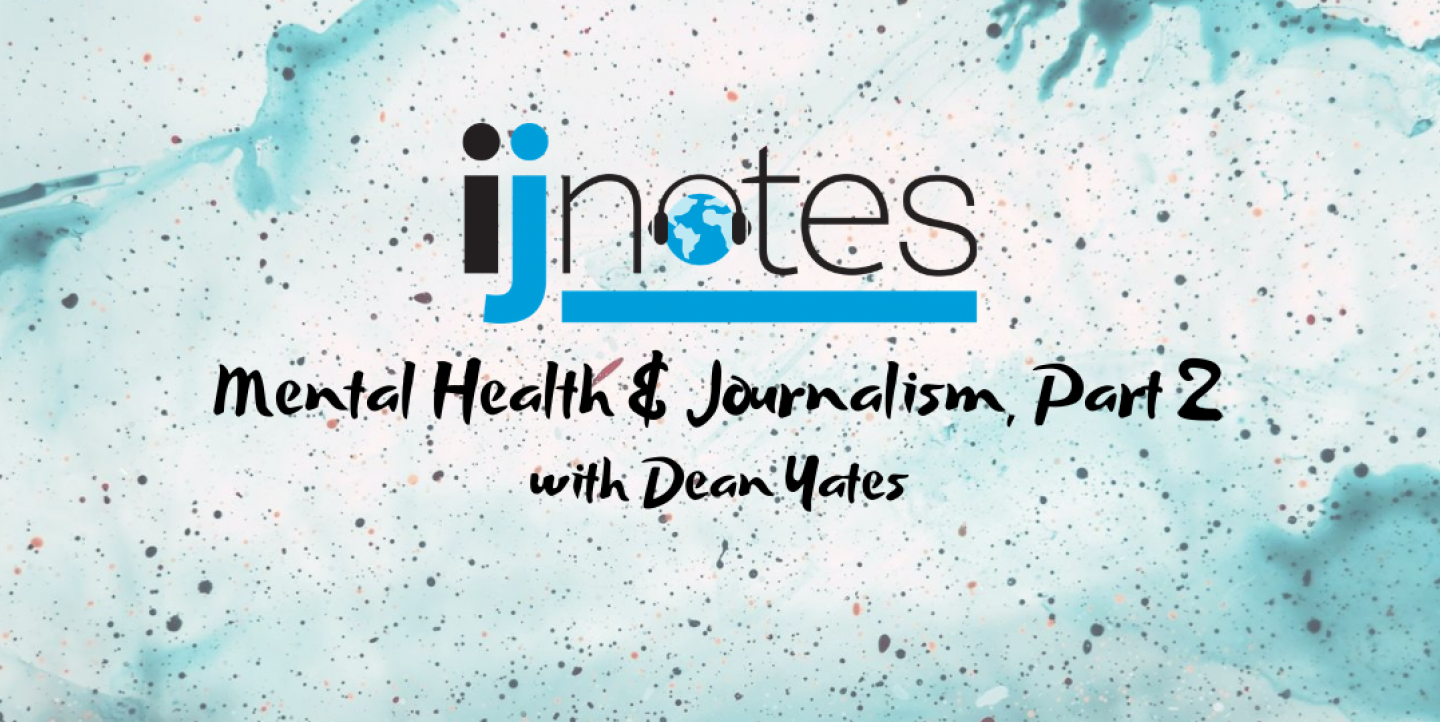This is the second IJNotes episode in our series on journalism and mental health. To listen to the first episode — an interview with Anna Mortimer — click here.
The nonstop nature of news and reporting on tragic events leads many journalists to experience burnout, anxiety, stress and even post-traumatic stress disorder (PTSD). But in recent months, this topic has become more relevant as many journalists have taken on more work covering COVID-19 and anti-police brutality protests, and others have been laid off or received fewer commissions.
For this episode, we spoke to Dean Yates, a former journalist and bureau chief with Reuters. For more than 20 years, Yates covered war and tragedy in the Middle East and southeast Asia, which led to his own battle with PTSD. His experience led him to become an advocate for journalists’ mental health. He is currently working on a memoir about his journey and hosting a mental health podcast with Mindarma.
Listen below to our discussion on burnout, vicarious trauma, disclosing a mental health condition at work, the role of newsroom leadership and much more:
We’ll let you know on our Twitter, Instagram and Facebook pages when we release our next episode, so make sure to follow us there if you haven't already.
All episodes will be available on Apple Podcasts, Spotify, Stitcher, Buzzsprout, TuneIn and SoundCloud.
Taylor Mulcahey is the editor of IJNet.


